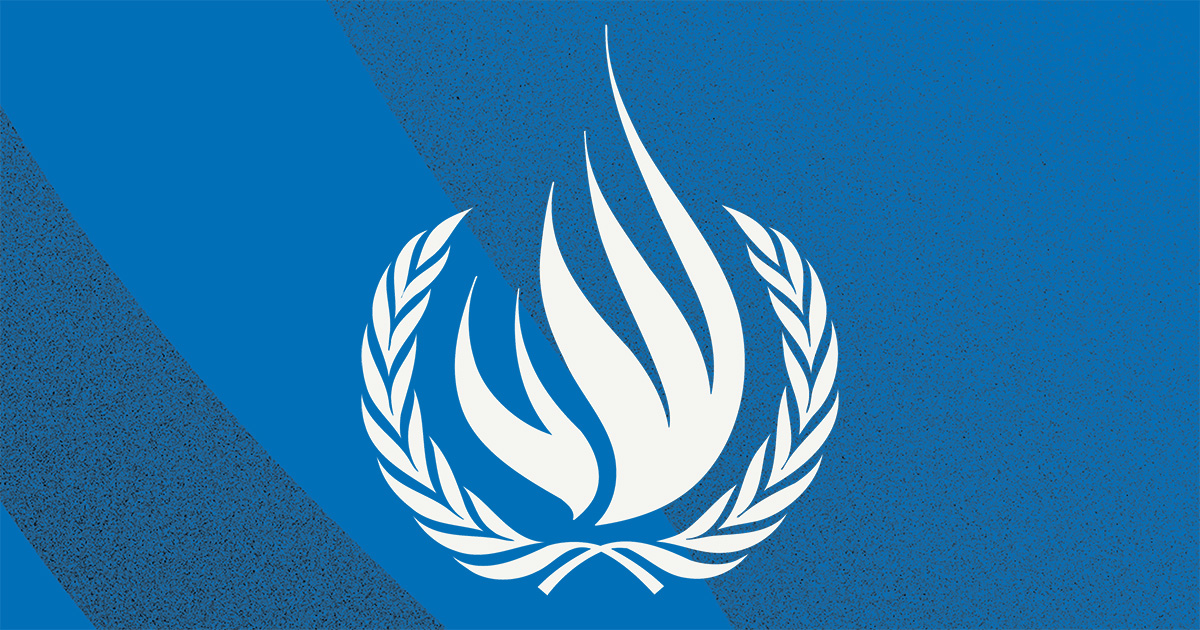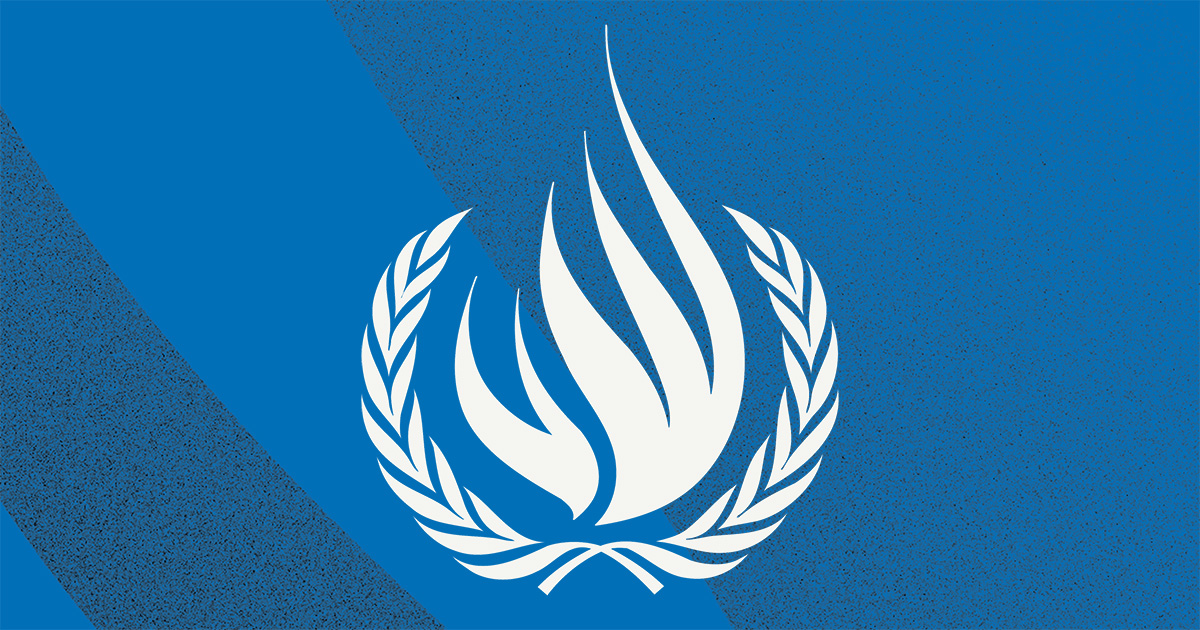
GENEVA – Malaysia’s recognition of ageing as a priority is laudable, an independent expert said today, calling for measures to guarantee the human rights of all older persons in their full diversity.
“I commend efforts being made by the Government to quickly adapt to the ongoing demographic shift that will make Malaysia an aged nation by 2030,” said Claudia Mahler, Independent Expert on the enjoyment of all human rights by older persons, in a statement at the end of a 12-day visit to the country.
She said families, whose efforts to provide for older persons are commendable, are struggling to meet their needs. “This pressure that will only increase with the demographic shift,” Mahler said. “The Government has the obligation to ensure adequate standards of living for older persons through a social security system that ensures that no older person is left behind.”
The expert noted that positive efforts like social allowances, free healthcare - excluding hospitalisation costs, incentives for employment, and programmes promoting an active lifestyle among older persons crucially contribute to their wellbeing. “But authorities must ensure that these measures also reach the most vulnerable groups of older persons, such as Indigenous Peoples, stateless persons, persons in rural areas, persons with disabilities, refugees, asylum seekers, migrants, and LGBTIQ+ people,” she said.
Mahler said all policies, including those promoting employability, must also target the specific needs of older women.
The expert visited older persons in a prison that has created a dedicated ward for them as a pilot programme that could be extended to all regions. While this ward offered a safe and respectful environment for older persons, they lacked access to vocational training, employment and recreation activities enjoyed by the rest of the prison population, and their family ties were sometimes at risk due to long distances to their homes and an insufficient family visit regime. Mahler recommended examining alternatives to detention for older persons, particularly for the least serious offences.
She observed that public care homes for older persons could be excessively restrictive, and recommended following models that promote autonomous living instead of one-size-fits-all solutions that do not adapt to the needs of each individual. She was encouraged that the Ministry of Women, Family and Community Development is researching this option, and that the private sector is already offering it.
“There are areas where greater effort is needed, such as the current pension system, with only 29% of older persons receiving any type of pension,” she said. “Even among workers who are members of the Employee Provident Fund, the biggest pension scheme for private employees, only one third are contributing enough funds to meet their income needs after retirement. Several interlocutors told me that Malaysians are mostly ‘retiring into poverty’,” Mahler said.
Mahler noted that a Senior Citizens Bill and a National Ageing Blueprint are under development, but did not have the opportunity to review them or provide recommendations. She encouraged the Government to facilitate an open, meaningful and public consultation process where older persons, civil society and international organisations can contribute to both documents and ensure that they respond to the needs and aspirations of older persons, in line with best international practices.
The Independent Expert will present the full report of her visit to the Human Rights Council in September 2025.
Ms. Claudia Mahler (Austria) is the Independent Expert on the enjoyment of all human rights by older persons.
The Special Rapporteurs, Independent Experts and Working Groups are part of what is known as the Special Procedures of the Human Rights Council. Special Procedures, the largest body of independent experts in the UN Human Rights system, is the general name of the Council’s independent fact-finding and monitoring mechanisms that address either specific country situations or thematic issues in all parts of the world. Special Procedures’ experts work on a voluntary basis; they are not UN staff and do not receive a salary for their work. They are independent from any government or organization and serve in their individual capacity.
UN Human Rights, country page – Malaysia
For inquiries and media requests, please contact: Jon IZAGIRRE GARCIA, Human Rights Officer, jon.izagirre@un.org
For media inquiries related to other UN independent experts please contact Dharisha Indraguptha (dharisha.indraguptha@un.org)
Follow news related to the UN’s independent human rights experts on Twitter: @UN_SPExperts.






